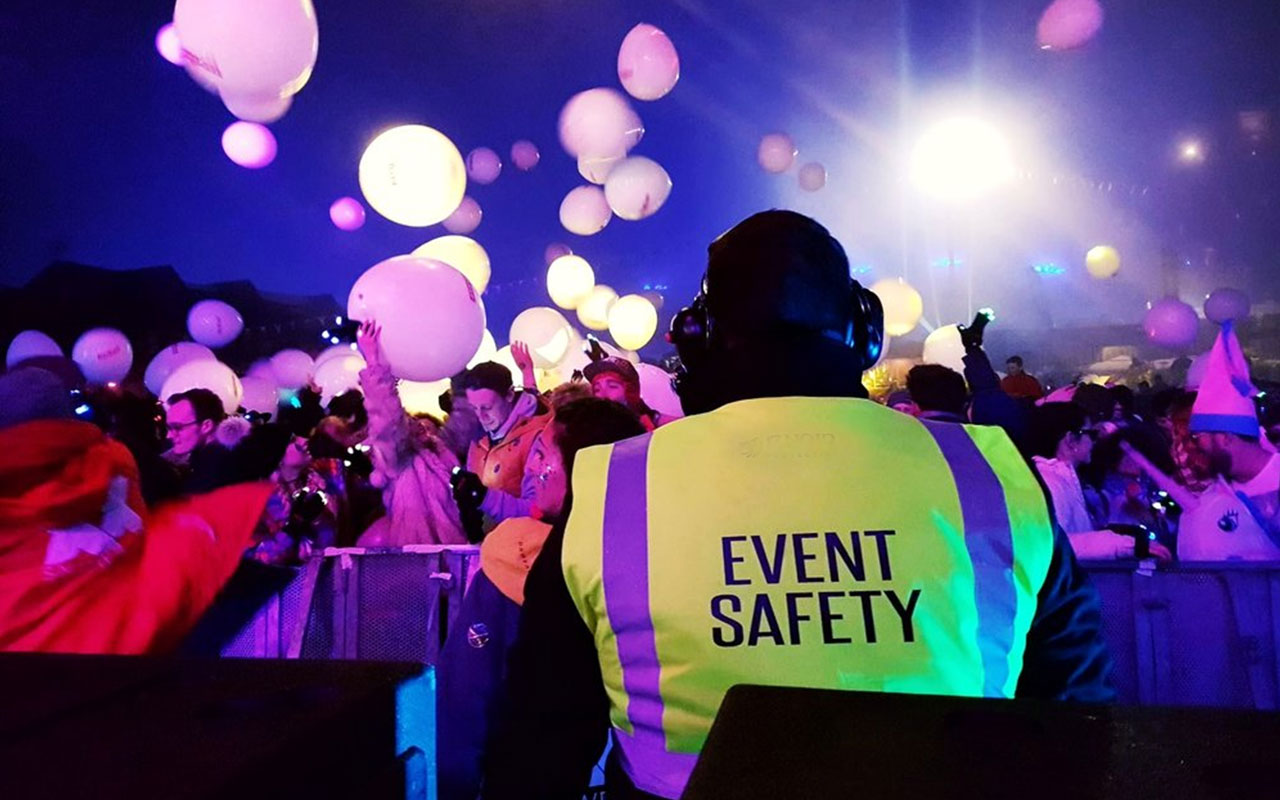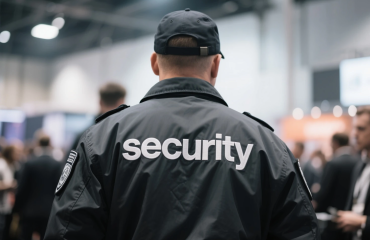Events bring people together for a shared experience, whether it’s a concert, conference, wedding, or festival. Ensuring the safety and security of all attendees is crucial for a successful gathering. Effective security not only protects guests but also contributes to a smooth and enjoyable experience. This blog explores top security strategies to help you plan and execute a secure and successful event.
Alpine Protection Services
Alpine Protection Services is committed to delivering bespoke security services that cater to the unique needs of each client. Whether it’s safeguarding a high-profile event, securing industrial sites, or providing residential protection, Alpine Protection Services offers an inclusive range of options tailored to specific requirements. Their approach integrates advanced technology with highly trained personnel to ensure maximum safety and efficiency. By focusing on customized strategies and proactive measures, Alpine Protection Services not only addresses immediate security concerns but also anticipates potential risks, providing clients with peace of mind and robust protection. Their dedication to excellence and adaptability makes them a trusted partner in achieving secure and successful outcomes.
Understanding the Importance of Event Security
It is essential for managing the safety of attendees, staff, and the venue. It involves a range of measures designed to prevent and respond to potential threats, from crowd control to emergency response plans. A well-implemented security plan can prevent incidents, minimize risks, and create a safe environment where guests can enjoy themselves without concerns for their safety. By prioritizing event security, organizers ensure that their events run smoothly and leave a positive impression on all participants.
Conduct a Thorough Risk Assessment
Before diving into specific security measures, it’s important to start with a thorough risk assessment. This process involves identifying potential risks and vulnerabilities associated with your event. Consider factors such as the location, size, and type of event, as well as any historical security issues or specific threats related to the venue or attendees. During the risk assessment, evaluate possible scenarios such as unauthorized access, medical emergencies, and natural disasters. Engage with local law enforcement and emergency services to gather insights and advice. The information gathered during this assessment will help you develop an inclusive security plan tailored to your specific needs.
Developing a Risk Management Strategy
A solid risk management strategy is a cornerstone of effective security. This involves identifying potential risks, evaluating their impact, and planning mitigation measures to address them. Start by assessing all conceivable threats, such as weather conditions, terrorism, or civil disturbances, that could affect your event. Engaging with risk management experts can provide valuable insights into potential vulnerabilities and how to address them. By implementing a thorough risk management strategy, you can prepare for unexpected challenges and ensure that appropriate measures are in place to handle any situation that may arise during the event.
Implementing Real-Time Monitoring Systems
Real-time monitoring systems are essential for effective event security management. These systems provide live surveillance feeds and enable security personnel to monitor various aspects of the event as they happen. High-definition cameras placed at strategic locations, such as entry points and crowd areas, can help detect and address issues immediately. Integrate these systems with other security tools, such as access control and communication systems, to provide an inclusive overview of the event’s security status. Real-time monitoring allows for rapid response to potential threats, enhancing overall safety and security.
Integrating Access Control Measures
Access control is crucial for maintaining security at any event. Effective access control measures help manage who enters and exits the venue, ensuring that only authorized individuals are permitted access. Implement a multi-layered approach, including ticket verification, wristbands, or electronic access passes. Consider employing a combination of physical checks and technology-based systems to enhance security. For high-profile events, additional measures such as biometric scanning or background checks for VIP guests may be necessary. Properly managing access helps prevent unauthorized entry and reduces the risk of security breaches.
Enhancing Attendee Awareness and Cooperation
Engaging attendees in the security process can significantly enhance overall safety. Inform attendees about the event’s security measures and any guidelines they need to follow. This can include instructions on how to report suspicious activity, where to find emergency exits, and the importance of keeping personal belongings secure. Consider using event apps or information kiosks to keep guests updated on security protocols. By fostering a culture of awareness and cooperation, attendees become active participants in maintaining a safe environment, which can help in preventing incidents and ensuring a smooth event experience.
Preparing for Medical Emergencies
Medical emergencies are an important consideration in event security planning. Ensure that adequate medical services are available on-site, including first aid stations and trained medical personnel. Develop a plan for handling medical incidents, such as how to quickly access emergency medical services and coordinate with on-site health professionals. Clearly mark medical stations and ensure they are easily accessible to both attendees and staff. Regularly review and rehearse medical emergency procedures to ensure that all team members are prepared to handle medical situations effectively, contributing to the overall safety of the event.
Leveraging Post-Event Feedback for Improvement
After the event, collecting and analyzing feedback is crucial for improving future security measures. Solicit input from attendees, security staff, and other stakeholders to gain insights into what worked well and what could be enhanced. This feedback can help identify areas of improvement, such as gaps in security procedures or areas where communication could be improved. Use this information to update and refine your security strategies, ensuring that future events benefit from the lessons learned. By continuously evaluating and improving your security approach, you can enhance safety and create better experiences for all participants.
Conclusion
Effective event security is essential for ensuring the safety and success of any gathering. By implementing inclusive strategies, including risk assessments, crowd control, technological solutions, and collaboration with local authorities, you can create a secure environment for attendees. Training staff and evaluating security measures post-event are also crucial steps in maintaining and improving security standards. Prioritizing security not only protects guests but also contributes to a positive and enjoyable experience, making your event a memorable success.



